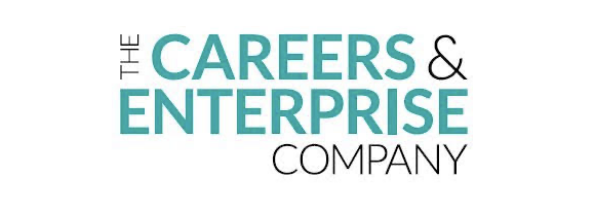Skill Shortages in the UK Economy (Edge Foundation Report) – (MAY 22)
May 17, 2022

May 17, 2022


Being part of the Stoke on Trent and Staffordshire Careers Hub has been pivotal to the development of careers provision in our school. The Hub have shared good practice across their members resulting in a stronger focus on good quality provision. The annual event enabled the hub to share their vision of School Improvement Through The Lens of Careers and looking beyond the Benchmarks. It was a fantastic opportunity to share different models of school improvement and strategies to further develop careers provision to enhance the future opportunities of our young people.
Mrs A Spencer, John Taylor High SchoolIt it superb to be able to speak with local schools, colleges, and businesses in Stoke and Staffs and show how important the partnerships are to bring the skills of the future. Educating those who educate the ones shaping the aspirations of young people is essential for the industry to grow and be more sustainable.”
Alison Tucker, St Modwen

